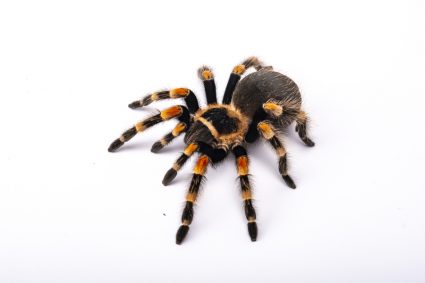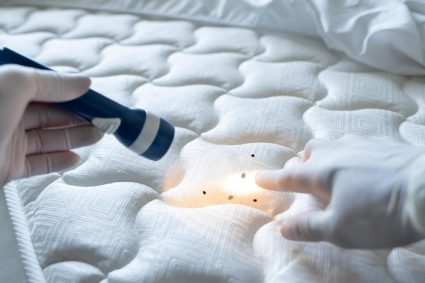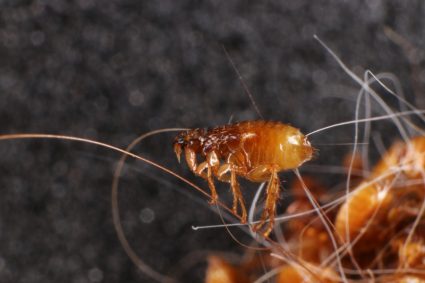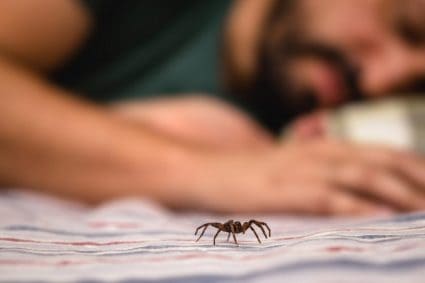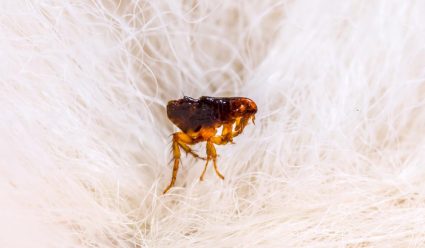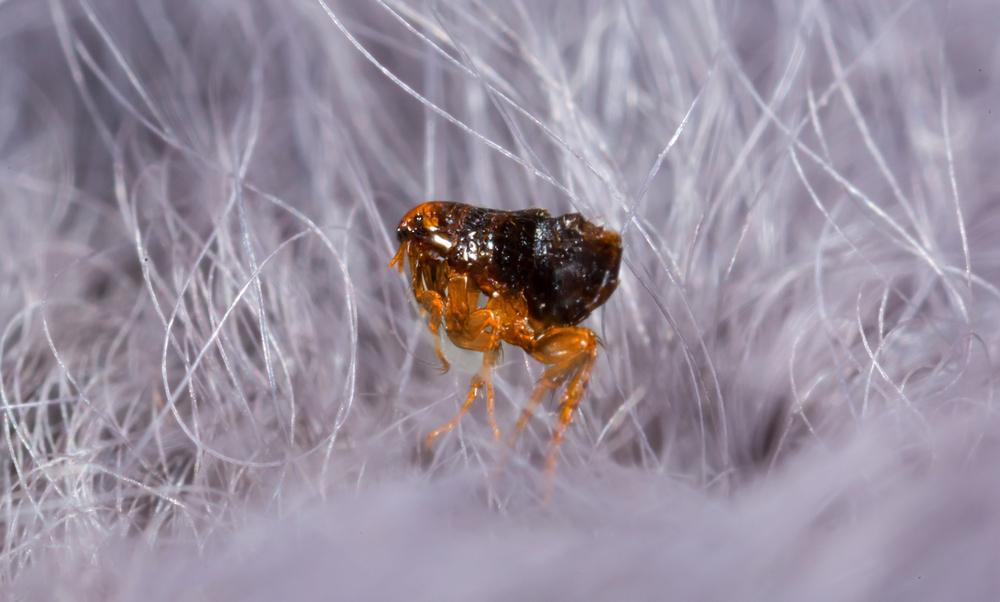
Fleas are persistent pests that can infest your home, pets, and even you. They are not only a nuisance but can also cause health issues like allergic reactions and diseases. One of the common questions asked in the quest to eliminate these pests is, “Does hot water kill fleas?” The answer is yes, but there is much more to understand about this method of flea control.
Yes, hot water can kill fleas. Fleas cannot survive in temperatures above 95°F (35°C), and their eggs and larvae are also affected by high temperatures. However, using hot water should be part of a comprehensive flea control strategy that includes other methods and products. Always prioritize safety when handling hot water and consult a veterinarian for the best approach to flea control for your specific pet.
The Science Behind Hot Water and Fleas
Fleas are ectoparasites that thrive in warm, humid environments. However, they cannot survive in temperatures above 95°F (35°C). This is why hot water can effectively kill fleas. In fact, adult fleas will die within two days when exposed to this temperature, unless the relative humidity exceeds 75%. Flea eggs and larvae are also affected by high temperatures. Some eggs may hatch at 95°F, but the larvae cannot mature into adults, and 100% of them will die within their cocoons.
The Ideal Temperature
For the best results, it is recommended to use water between 120°F (49°C) and 140°F (60°C). Fleas die when exposed to temperatures above 95°F, and flea larvae cannot survive temperatures over 103°F for more than one hour. However, keep in mind that hot water can be dangerous, so prioritize your safety and that of your pets when handling hot water.
Precautions When Using Hot Water for Flea Control
While hot water can kill fleas, it’s important to use it safely and in conjunction with other methods for a comprehensive flea control strategy. Here are some precautions to take:
- Use protective gear: Avoid direct contact with hot water to prevent burns or discomfort. Keep a safe distance and ensure your pets are not exposed to the hot water.
- Clean treated areas thoroughly: After giving the hot water treatment time to act on the fleas and their eggs, clean the treated areas and eliminate any dislodged dead fleas, eggs, or debris. A vacuum cleaner can help with this task.
- Allow items and surfaces to dry completely: Fleas and their eggs can survive in damp environments, so it’s essential to let treated items and surfaces dry thoroughly.
- Combine hot water treatment with other flea control methods: Hot water treatment alone may not be enough to eliminate the entire flea population. Consider introducing other flea control methods, such as insecticides, pet treatments, and environmental treatments, to ensure a comprehensive approach.
- Wash pet bedding and toys: Use hot water and a detergent that’s safe for the material to wash your pet’s bedding and toys. Dry these items thoroughly to prevent re-infestation.
- Consult a veterinarian: Always consult a veterinarian before choosing flea control methods for your pet, as some products on the market may be unsafe.
Incorporating Hot Water into a Comprehensive Flea Control Strategy
Hot water can be incorporated into a comprehensive flea control strategy in several ways:
- Washing infested items: Washing flea-infested bedding, clothes, and pet toys in hot water (preferably at 60°C or 140°F) can help kill fleas and their eggs.
- Vacuuming: Vacuuming your home thoroughly, including carpets, furniture, and pet beds, can also help remove flea eggs. After vacuuming, dispose of the vacuum bag properly and wash the canister with warm water.
- Using a steam cleaner: A steam cleaner for carpets and upholstery, including pet beds, can be effective against fleas in all stages of life. The combination of high heat and soap is particularly lethal for these pests.
- Bathing your pet: Washing your pet with flea shampoo can help get rid of adult fleas and eggs. It’s essential to treat your pet, home, and yard simultaneously for a successful flea control program.
Remember that hot water treatment alone may not be enough to get rid of the entire flea population. Therefore, consider introducing other flea control methods, such as flea sprays, foggers, and flea collars, in conjunction with hot water treatment.
Conclusion
While hot water can kill fleas, it is not a standalone solution. It should be used as part of a comprehensive flea control strategy that includes other methods and products. Always consult your veterinarian for advice on the best approach to flea control for your specific pet. Flea infestations can be challenging to handle, but with the right knowledge and tools, you can reclaim your home and protect your pets from these annoying pests.
Frequently Asked Questions
How long can fleas survive in water?
Fleas can’t survive in water for an extended period. Adult fleas drown in water after about 24 hours. However, flea larvae can survive in water for several days before they drown.
Can fleas jump out of hot water?
While fleas are known for their jumping ability, they cannot escape from hot water. The heat is lethal to them, and they will die before they can jump out.
Can I use hot water to kill fleas on my pet?
Yes, you can use hot water to kill fleas on your pet, but be cautious. The water should be warm, not hot, to avoid scalding your pet. It’s best to use a flea shampoo or treatment in the bath water for the most effective results.
Are there any risks associated with using hot water for flea control?
Yes, there are some risks. Hot water can cause burns if not handled carefully, and it’s important to ensure that pets are not exposed to the hot water. Always use protective gear when dealing with hot water.
Can hot water kill flea eggs?
Yes, hot water can kill flea eggs. However, for a comprehensive approach to flea control, it’s recommended to combine hot water treatment with other methods such as vacuuming, washing infested items, and using flea control products.



